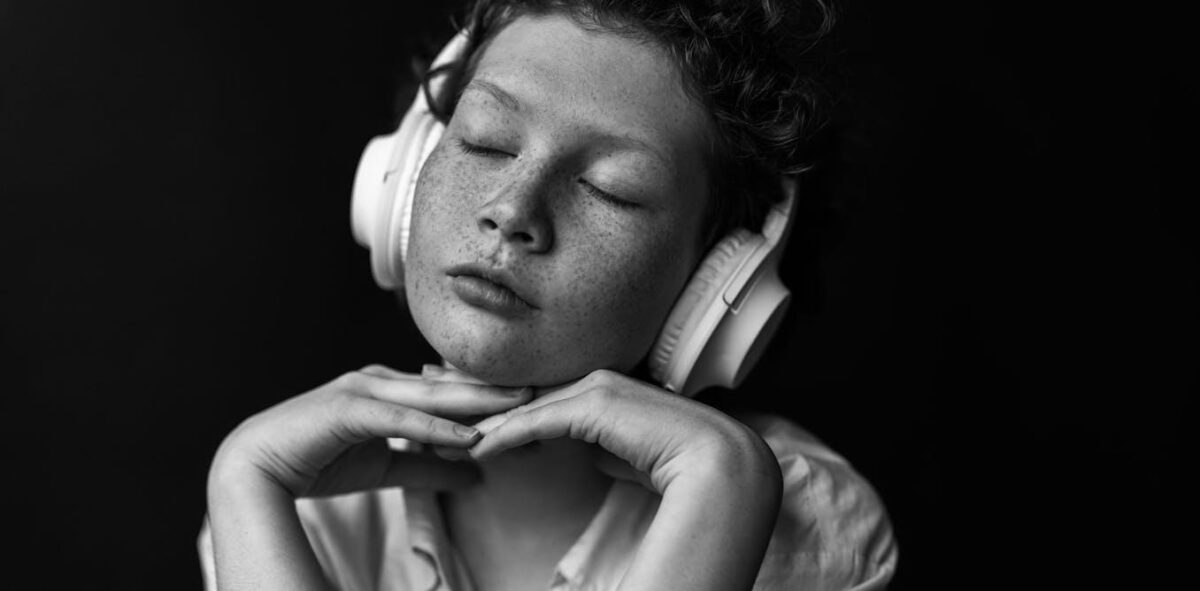A rare disconnect between auditory and reward circuits explains why some people feel no pleasure from music.
Ten years ago, scientists identified a small group of individuals who feel no pleasure from music even though their hearing is normal and they enjoy other types of experiences. This condition, called “specific musical anhedonia,” occurs when the brain’s auditory regions fail to properly communicate with the areas involved in reward.
In a paper recently published in the journal Trends in Cognitive Sciences, the researchers who first described the condition outline the brain processes involved and explain how this work may help uncover broader differences in how people experience pleasure and joy.
“A similar mechanism could underlie individual differences in responses to other rewarding stimuli,” says author and neuroscientist Josep Marco-Pallarés of the University of Barcelona. “Investigating these circuits could pave the way for new research on individual differences and reward-related disorders such as anhedonia, addiction, or eating disorders.”
To identify musical anhedonia, the team created the Barcelona Music Reward Questionnaire (BMRQ), which evaluates how strongly a person responds to music. It focuses on five sources of musical reward: emotional impact, mood regulation, social interaction, movement or dance, and the enjoyment of seeking or collecting new music. Individuals with musical anhedonia tend to show low scores across all five areas measured by the BMRQ.
Behavioral research and brain imaging have both reinforced the conclusion that specific musical anhedonia results from disrupted communication between certain brain regions. Individuals with this condition are fully able to hear and interpret musical melodies, showing that their auditory circuits remain intact—they simply do not experience enjoyment from what they hear.







